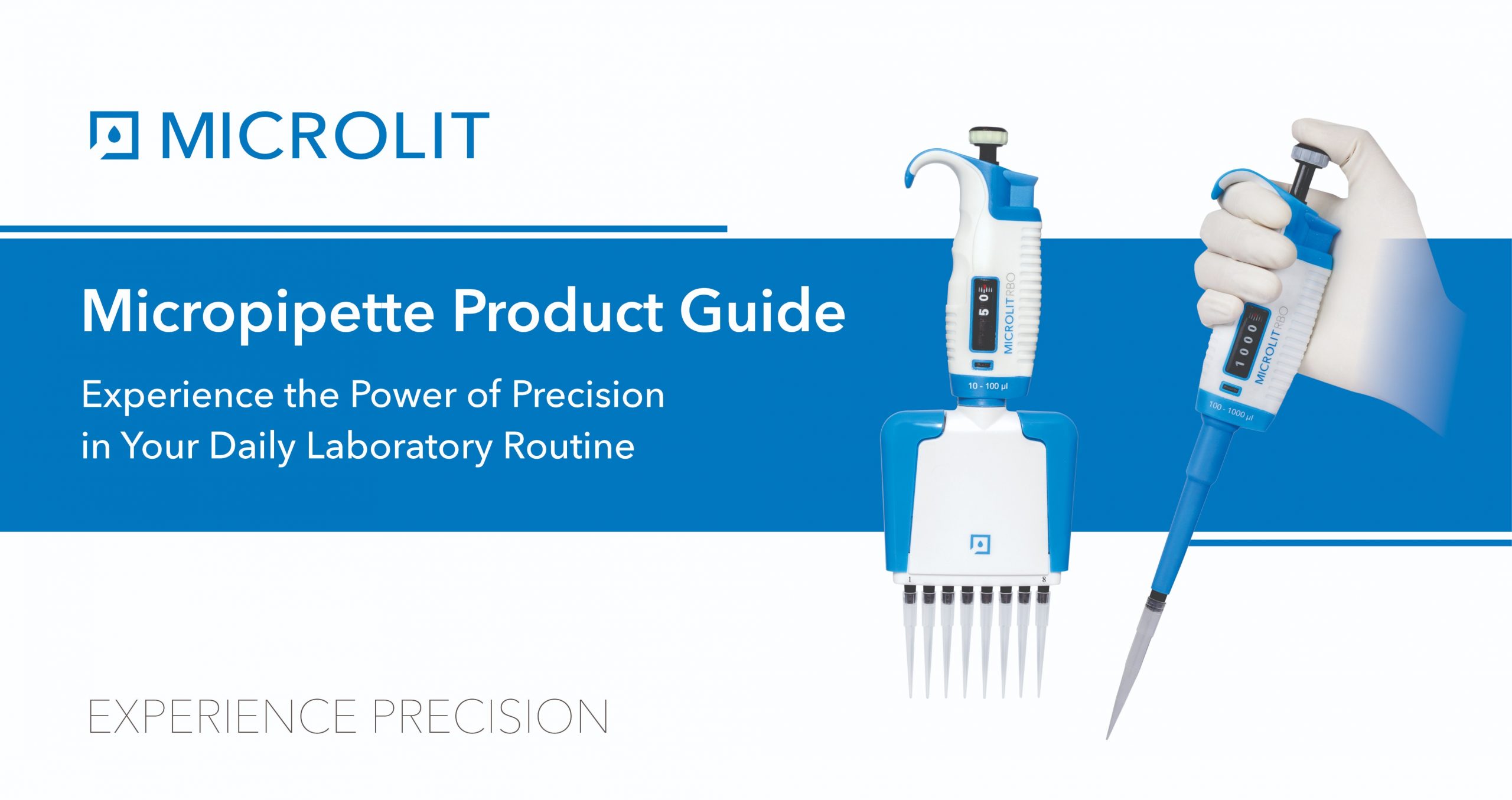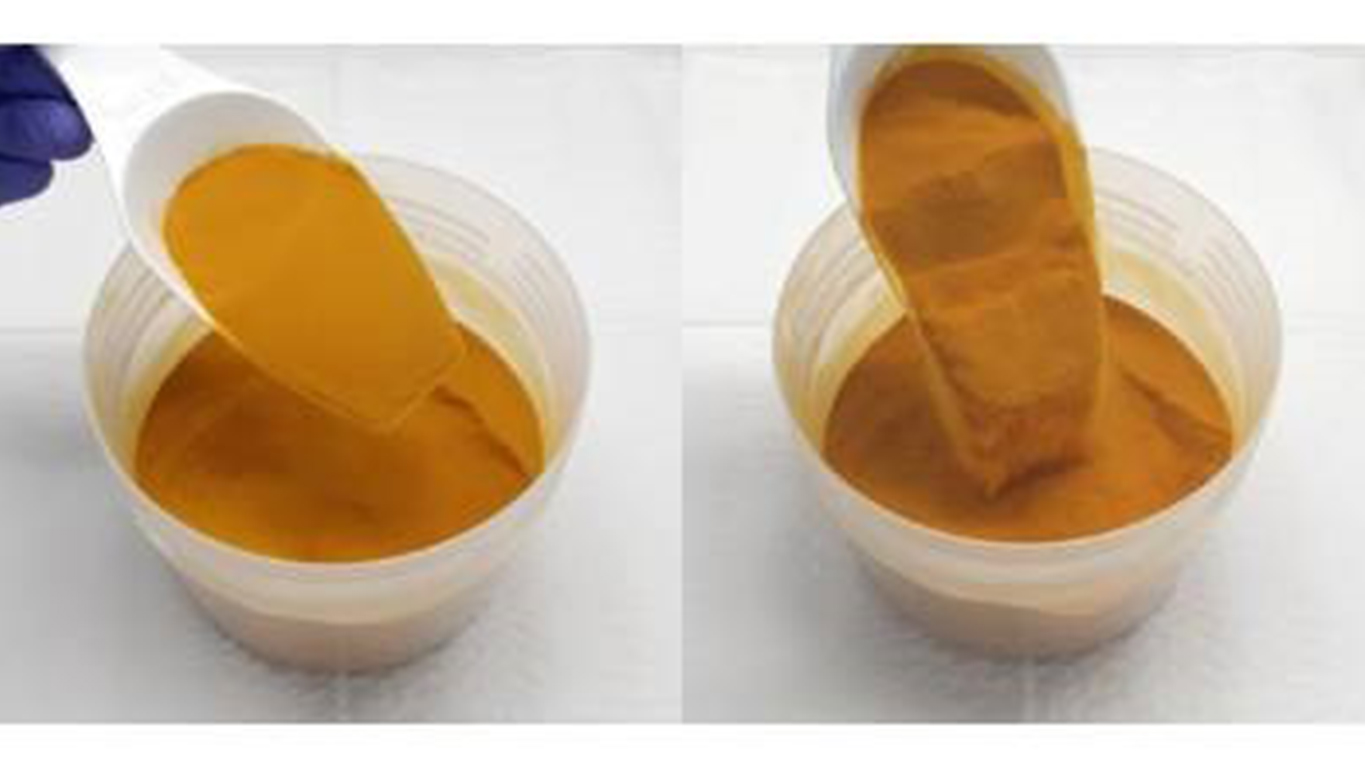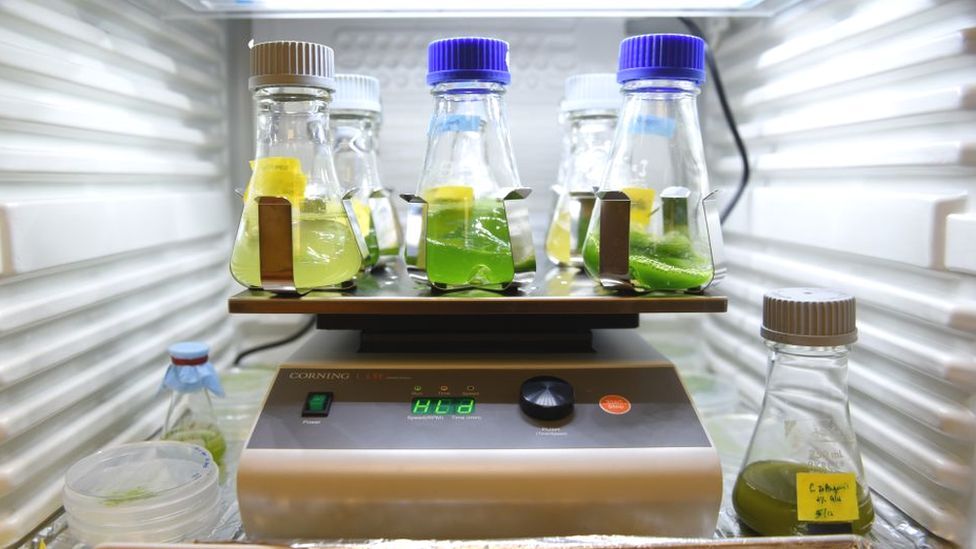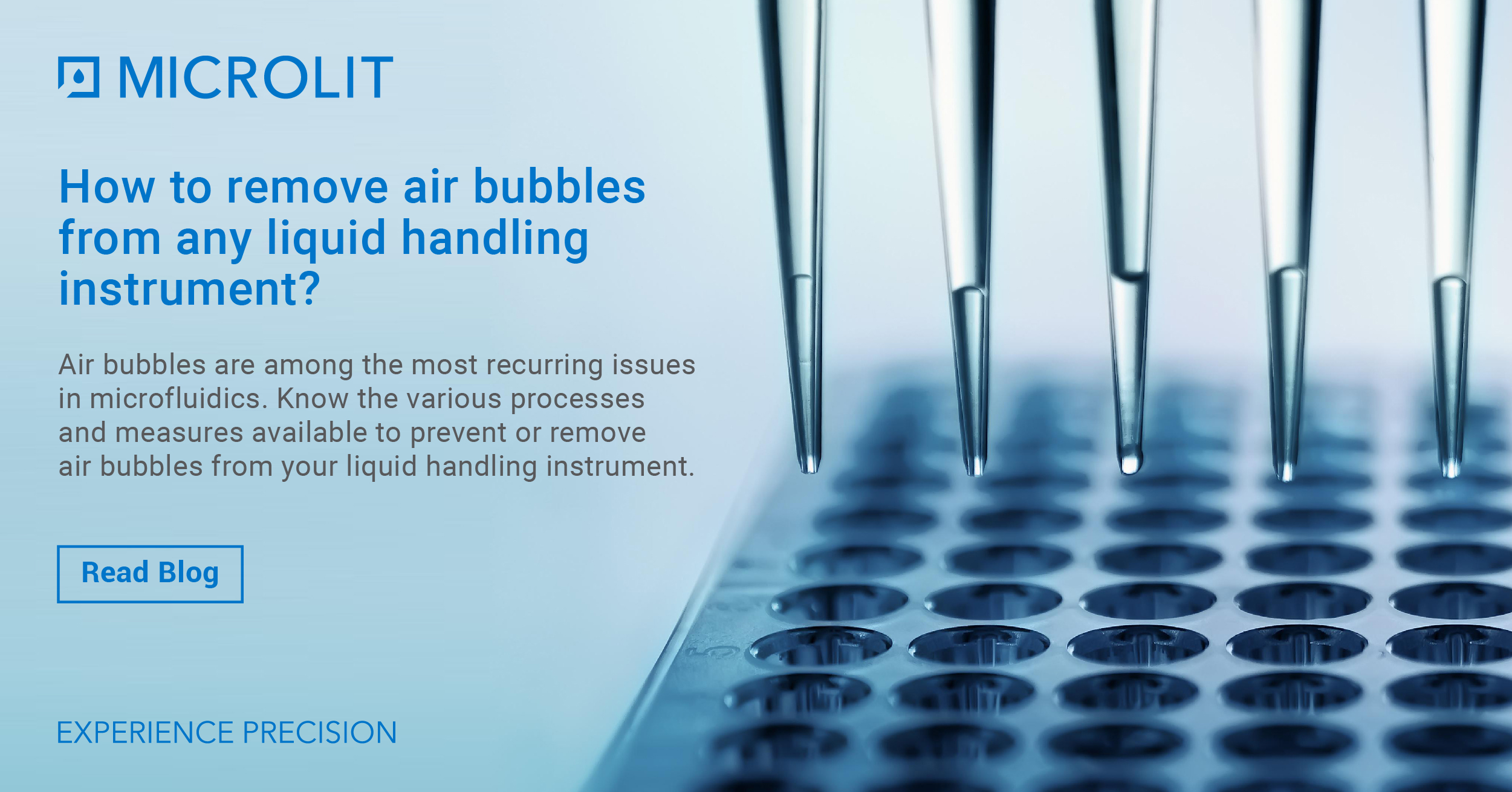

Comical Reactions with Mike & Billy
Experience Precision With Our Products








A micropipette is a common yet essential laboratory instrument used to accurately and precisely transfer volumes of liquid in the microliter range. Micropipettes are available in single-channel and multi-channel variants.
While the single-channel micropipettes are used in labs that perform research related to molecular biology, microbiology, immunology, cell culture, analytical chemistry, biochemistry and genetics, the multichannel micropipettes are recommended for ELISA (diagnostic test), molecular screening, kinetic studies and DNA amplification.


A busy laboratory can be a stressful working environment, especially if there is a backlog of samples or the team is working on a tight timescale. Typical sources of stress might include a lack of communication, a heavy workload, pressure to produce accurate results and fears over errors and cross-contamination. Making just small changes to the way your laboratory is run can go a long way to creating a less stressful working environment.
Read More
Methods for removing mercury pollution from the environment can be expensive and inaccessible in poorer regions of the world, creating the need for less costly solutions that are both effective and easy to use.
Read More
Dining on the likes of lab-grown meat or ground-up insects could lead to big savings in carbon emissions and water, as well as freeing up land for nature.
Read More

Due to the micrometric dimensions of the tubes and channels of various liquid handling devices, air bubbles can be very difficult to remove and be detrimental to the experiment being conducted. Removing air bubbles will eliminate false readings and other dispensing anomalies and simultaneously improve the volume precision and dispensing accuracy of the instrument.
Read our Blog

On a scale of 1 to 5, how much did you like this edition? Share your rating & email id and receive a free calibration check tool in your inbox!